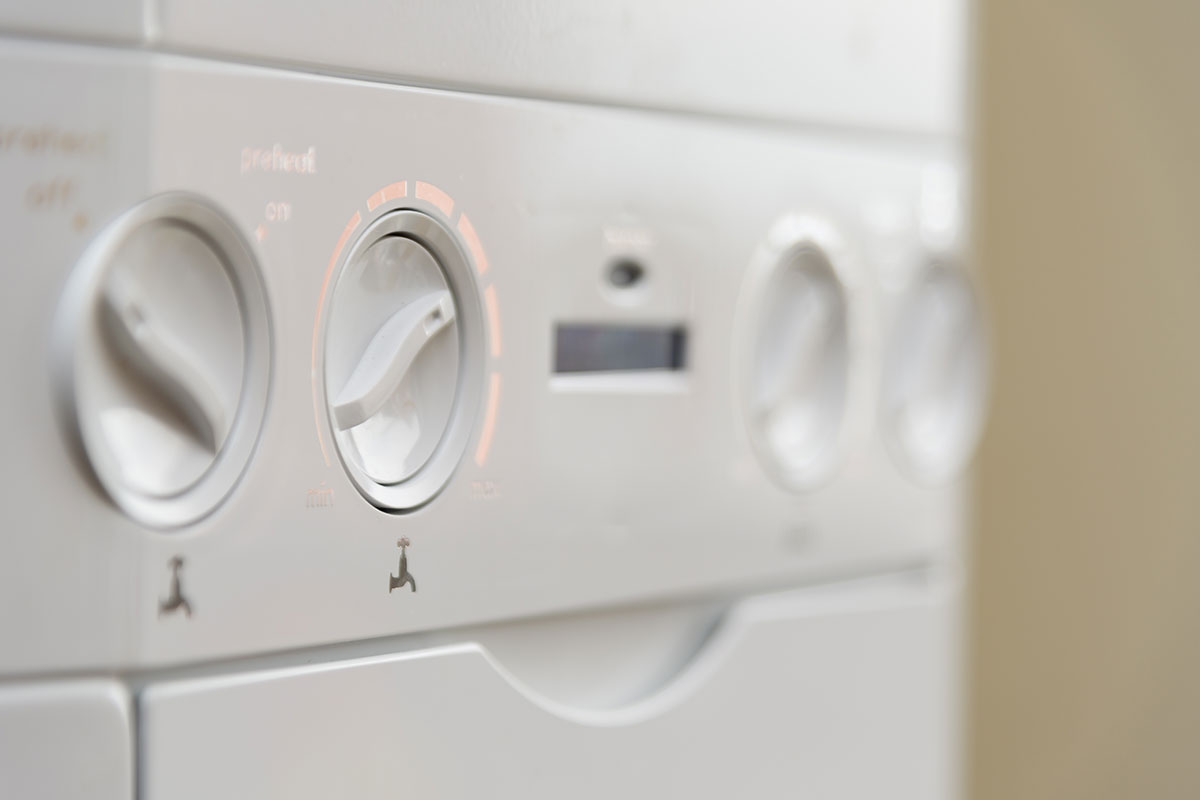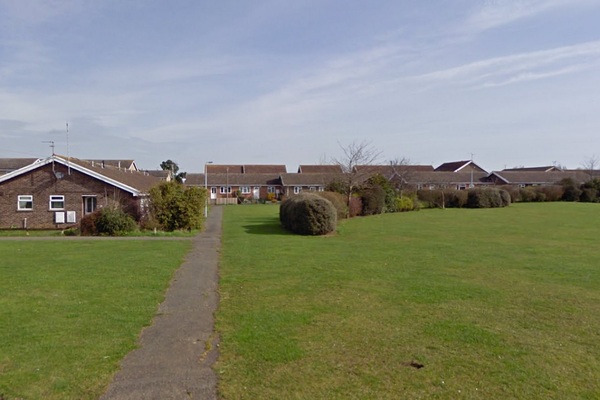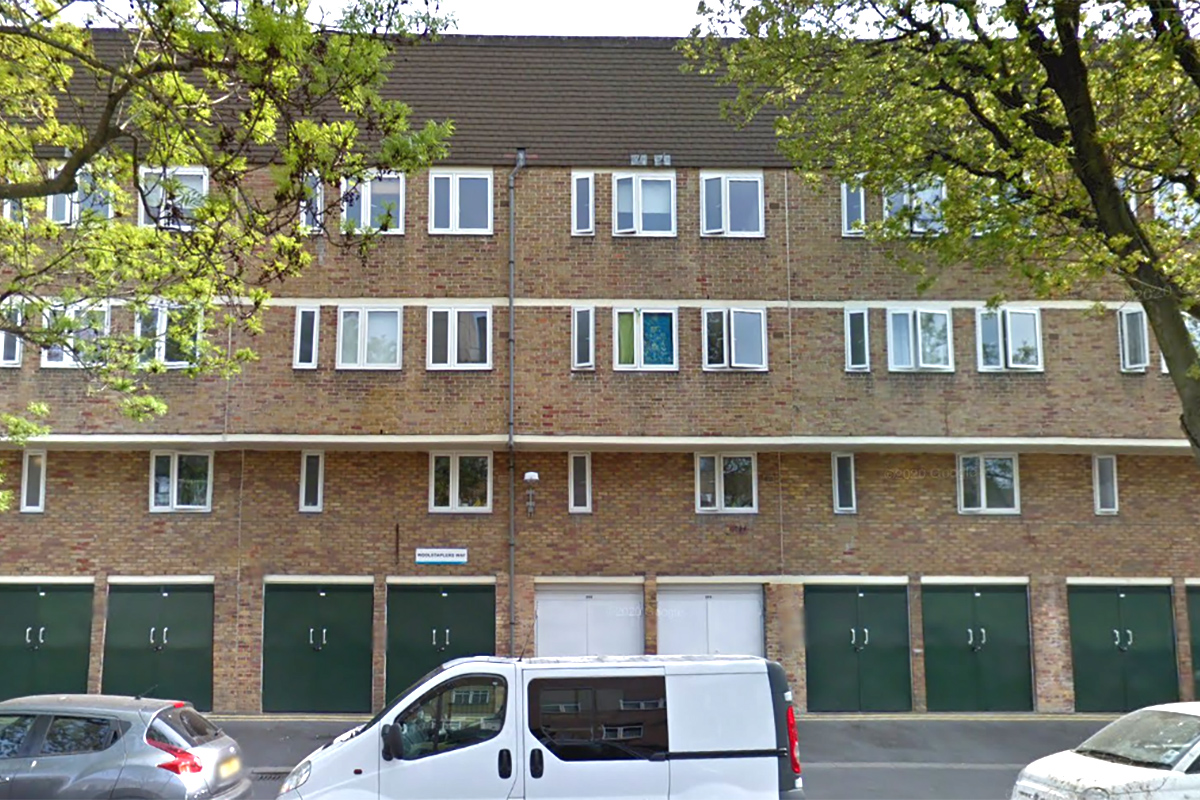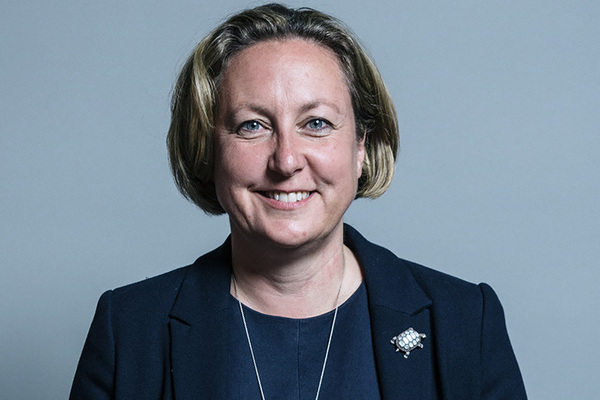Our new report spells out important lessons for the sector on heating and hot water
Our new report draws on more than 200 real-life experiences relating to the sector’s record on heating and hot water. As we move towards decarbonisation, there are crucial lessons to learn, writes Richard Blakeway
Living in a warm, safe and decent home is a fundamental need. But problems with heating or hot water at home can impact our health and well-being significantly, especially where young children or older or vulnerable residents are involved.
Decarbonisation is also driving change to achieve net-zero emissions by 2050. For these reasons, we have published a report on heating, hot water and energy based on more than 200 real-life experiences from our casebook.
It makes 40 recommendations for improved practice. The issues examined vary from gas safety inspections – a particular focus during COVID-19 – to energy efficiency and new technology. The report identifies areas for collaboration between social landlords and residents. It also includes cases where we think landlords have responded well, as well as poor practice.
While our maladministration rate is similar to other casework, the distress and inconvenience caused to residents comes across strongly. There are two areas where maladministration is particularly high – complaint handling and heat networks, both at 60%.
Our investigations repeatedly found a failure to put things ‘right first time’, caused by missed appointments, sometimes exacerbated by poor record-keeping, and operatives attending jobs without the right tools, parts or skills.
The experience of Mr F, an 89-year-old tenant, is troubling. He lived with no hot water and was unable to take a shower or wash properly for five weeks. At least two appointments were missed and the boiler couldn’t be repaired on a third because the wrong parts had been ordered.
As appointments were booked for any time between 8am and 5pm, Mr F was forced to wait for engineers in a cold property for the whole day, missing medical appointments and religious celebrations. It appears that until the ombudsman’s intervention, the landlord hadn’t considered replacing the boiler, and our orders included work with staff on resident vulnerabilities.
In this case the failures involved contractors working on behalf of the landlord. But, to be clear, where contractors are involved the responsibility and accountability rests with the landlord – it is their maladministration.
I am concerned about the number of cases where landlords are in a weak position to resolve issues with contractors. Contracts should be robust and monitored, and resident feedback should be used to evaluate performance and inform future procurement.
Our investigation, following a complaint from Ms E, where 39 residents experienced a faulty biomass boiler illustrates this starkly. Over two winters the boiler broke down on 24 occasions but we found that the landlord’s contract with the provider included no penalties, they had no performance monitoring in place and they made little effort to raise the problems with them.
These are areas where we recommended action and generally it is an area I would encourage governing bodies to examine, so they are confident of their organisation’s approach.
“To be clear, where contractors are involved the responsibility and accountability rests with the landlord – it is their maladministration”
The other area is heat networks or district heating. The Energy White Paper encourages its expansion and, while offering benefits, it can present challenges, affecting hundreds of residents when something goes wrong. Now is the time to learn the lessons that other landlords and residents have experienced. This includes providing proper information at the outset of the tenancy or lease to avoid problems later, clear billing and (again) robust contracts where the landlord is not the supplier.
Indeed, as decarbonisation becomes a core part of social landlords’ planning, at the centre of decision-making should be the resident: ensuring they have reliable, cost-effective and easy-to-use energy.
Richard Blakeway, housing ombudsman
Sign up for our asset management newsletter
Already have an account? Click here to manage your newsletters















